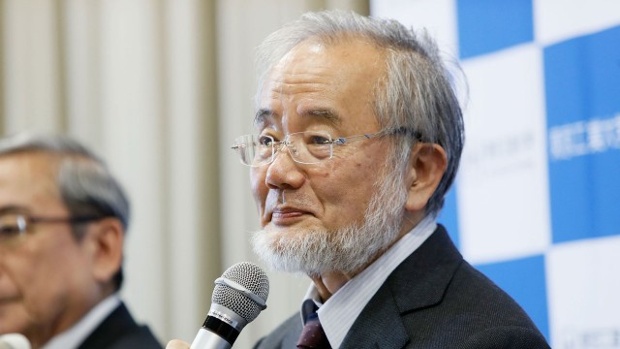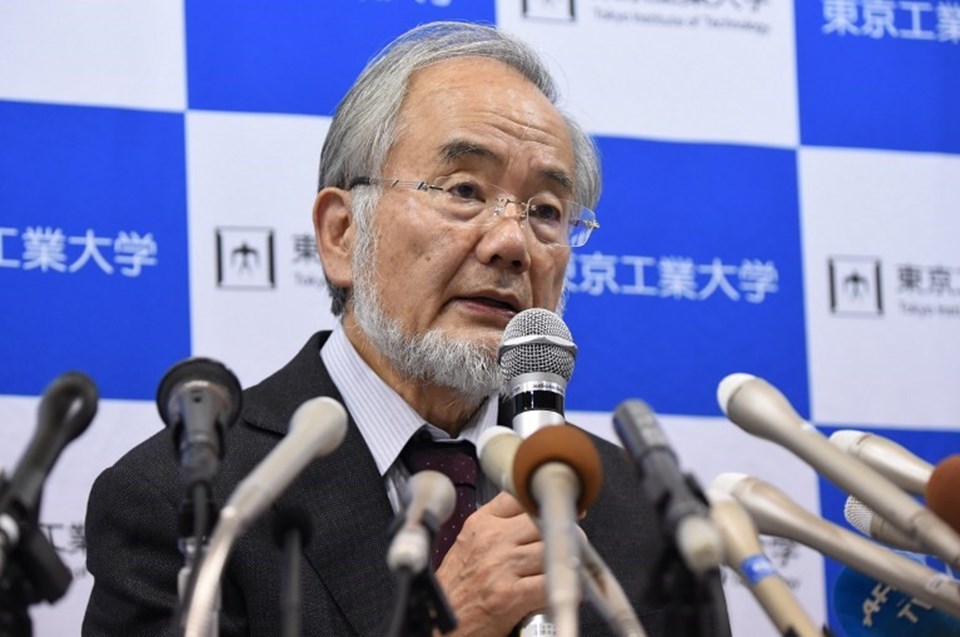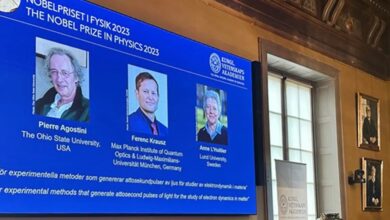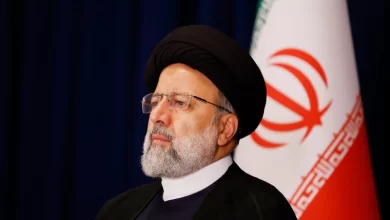
The 2016 Nobel Prize in medicine was awarded Monday to Japanese cell biologist Yoshinori Ohsumi for his works on autophagy — a process used by the body for degrading and recycling cellular components.
“Ohsumi’s discoveries led to a new paradigm in our understanding of how the cell recycles its content,” said the Nobel committe in a press release. “His discoveries opened the path to understanding the fundamental importance of autophagy in many physiological processes, such as in the adaptation to starvation or response to infection. Mutations in autophagy genes can cause disease, and the autophagic process is involved in several conditions including cancer and neurological disease.”
Ohsumi used baker’s yeast to identify genes essential for autophagy. “He then went on to elucidate the underlying mechanisms for autophagy in yeast and showed that similar sophisticated machinery is used in our cells,” added the statement.
[adrotate group=”10″]The word autophagy originates from Greek and means self-eating. The process serves as a way for the body to rid itself of scrap cells and to recycle some of the components for other uses, such as generating energy. When autophagy is defective, it has been associated to such disorders as Parkinson’s disease and type-2 diabetes.
Ohsumi will be awarded with 8 million Swedish kronor (nearly $1 million) and he will receive the prize on Dec. 10 in Stockholm.

Yoshinori Ohsumi was born in 1945 in Japan. In 1974, he received a Ph.D. from the University of Tokyo, where he established his research group 14 years later.
Since 2009, he is also a professor at the Tokyo Institute of Technology.
[adrotate group=”12″]Anadolu Agency




